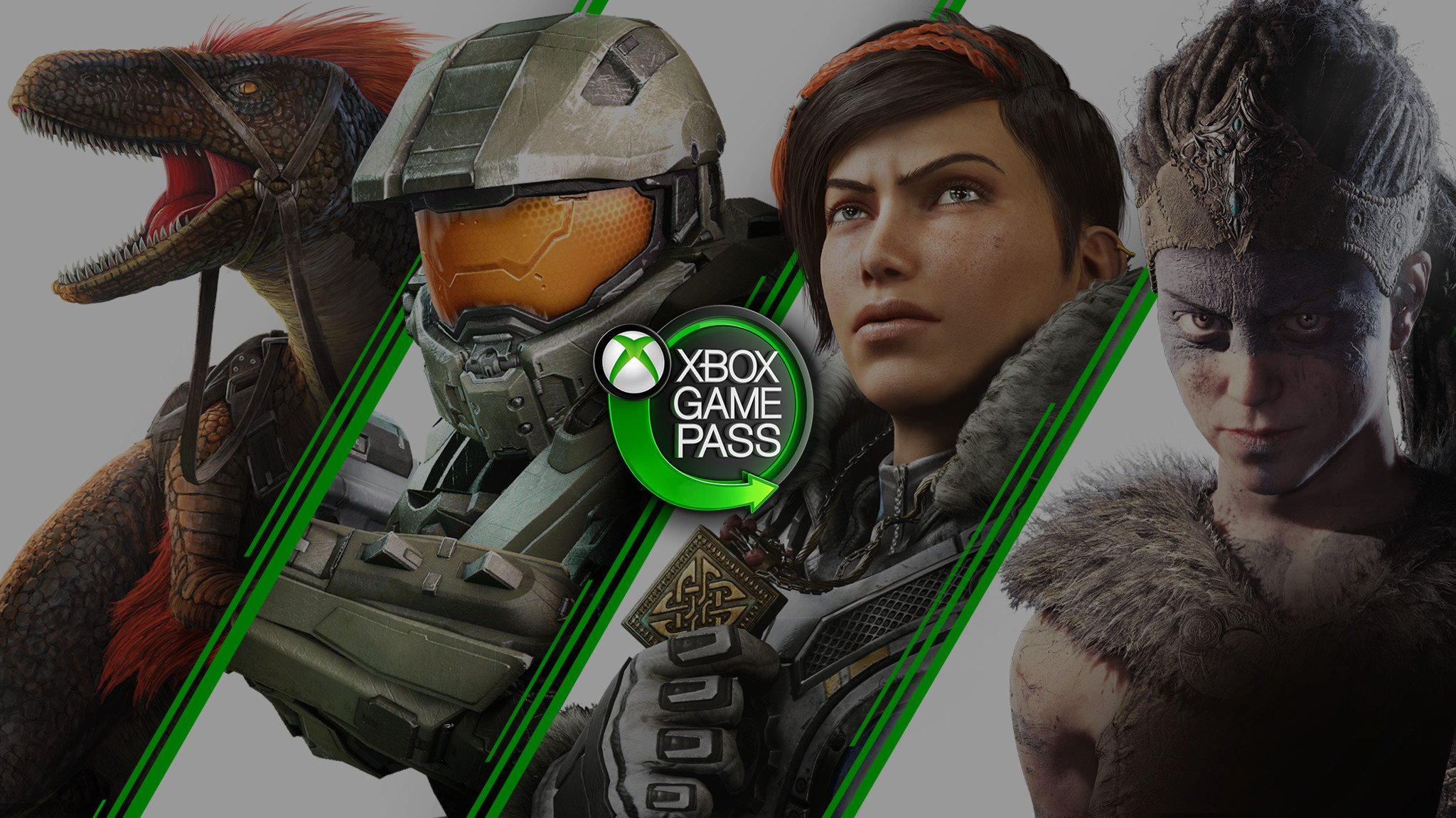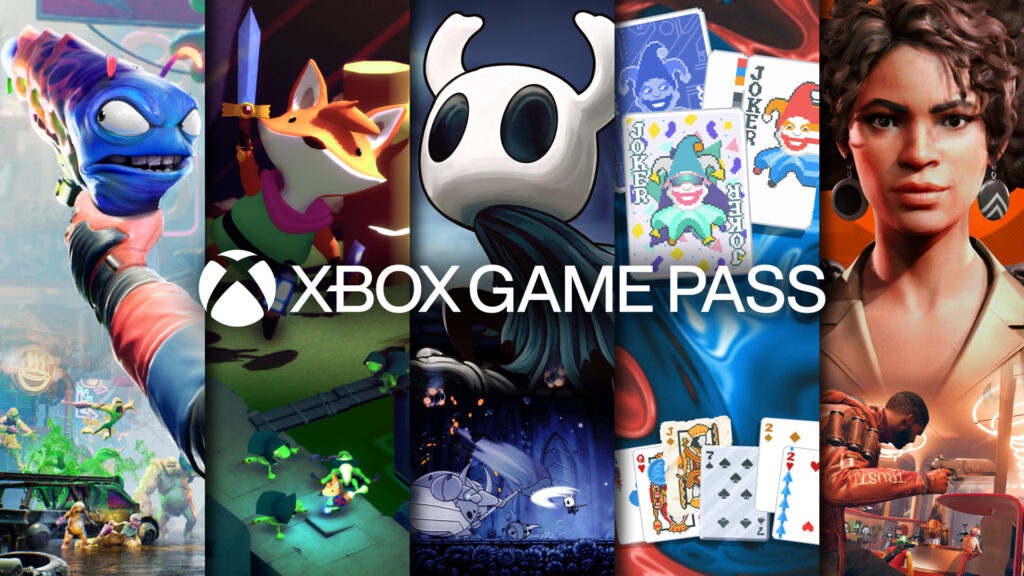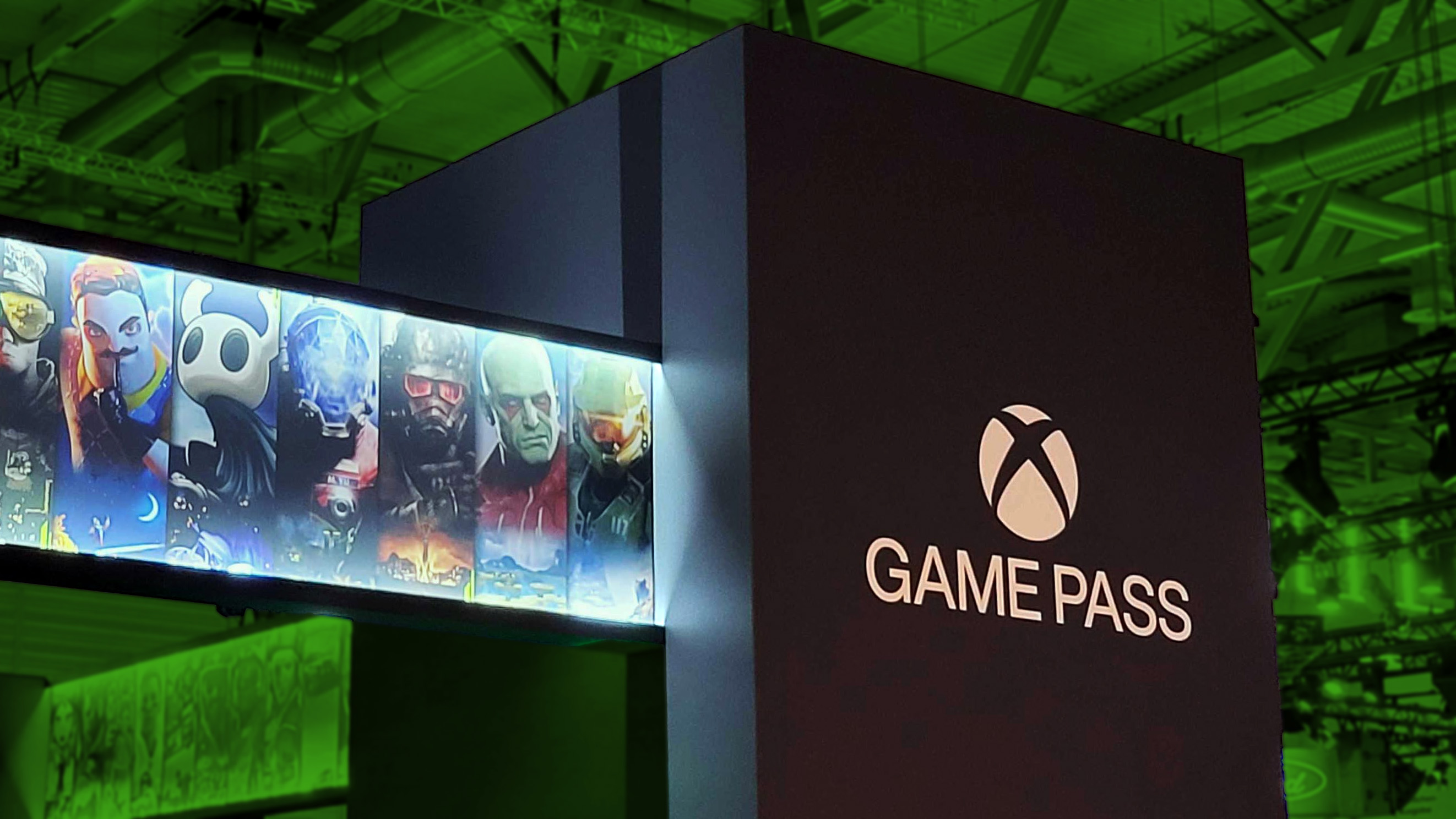Game Pass can’t cash in forever — ex‑Xbox VP warns of hidden costs
Shannon Loftis backs Pete Hines’ warning that Game Pass risks devaluing games and hurting creators unless the model changes

All the latest news, reviews, and guides for Windows and Xbox diehards.
You are now subscribed
Your newsletter sign-up was successful
Shannon Loftis, former Xbox Game Studios VP who retired in 2022 after almost 30 years at Microsoft, recently weighed in on LinkedIn. Her comments came in response to criticism of subscription services from Pete Hines, Bethesda’s former senior VP of global marketing and communications.
Hines has described subscriptions as “the new four-letter word,” warning that if platform holders don’t balance the needs of their services with proper recognition and compensation for developers, then “your subscription is worth jack s***.” He also said the current model is “hurting a lot of people,” including the creators themselves, because the ecosystem isn’t adequately valuing or rewarding their work.
With that context in mind, let’s dig into what Shannon Loftis said in response, why it matters, and what it could mean for Game Pass.
Ex-Xbox VP calls out Game Pass tensions
Surprisingly, Shannon backed Pete’s comments and agreed with his concerns. Writing on LinkedIn, she said:
While GP can claim a few victories with games that otherwise would have sunk beneath the waves, the majority of game adoption on GP comes at the expense of retail revenue, unless the game is engineered from the ground up for post-release monetization.
Shannon Loftis
Her perspective raises an important question: what happens to games that launch on Game Pass without relying on post-launch monetization? Could their longevity be affected compared to titles designed around ongoing revenue?
At the same time, we’ve seen day-one launches like Hollow Knight: Silksong and Clair Obscur: Expedition 33 still generate excitement and strong engagement outside of just Game Pass, with Silksong breaking pretty much every platform it released on. However, it is fair to ask whether the concerns raised by Shannon and Pete possibly point to a broader industry problem, or if they simply reflect a healthy dose of skepticism about how sustainable Game Pass really is, and whether games with post-launch monetization forced games are successfully able to support single-player focused games.
Subscription success, but at what cost?
In 2025, Microsoft reported that Game Pass generated nearly $5 billion in annual revenue, with Xbox content and services revenue climbing 13% year-over-year. On paper, Game Pass looks like a significant win for Microsoft.
All the latest news, reviews, and guides for Windows and Xbox diehards.
Still, that success has come with trade-offs. Tim Stuart, Microsoft’s CFO, admitted that titles like Indiana Jones and Starfield likely lost millions in retail sales because of their inclusion on Game Pass. With Microsoft now publishing across PlayStation and PC, those concerns may eventually ease, but the impact on launch sales remains a sticking point.
Games arrive on Game Pass after Microsoft pays developers an upfront fee to secure their inclusion. While that can help fund development, it often comes at the expense of traditional retail earnings. The model clearly favors live-service titles that thrive on ongoing monetization. Call of Duty is the most visible example, having shifted toward heavy cosmetic sales and battle passes—changes that critics argue dilute the franchise’s original design.
Developers share mixed experiences and closing thoughts
It wasn’t long ago that Shawn Layden, former PlayStation executive, voiced his concerns about Game Pass. He argued that the model risks turning developers into “wage slaves,” losing out on the upside of strong sales. “I’m not a big supporter of the ‘Netflix of gaming’ idea,” he said. “The problem with gaming is all we have is launch.”
Others in the industry have echoed similar concerns. Alex Hutchinson, creative director on Journey to the Savage Planet, noted that the Game Pass launch didn’t lead to extra sales for his team. “What we’ve seen is that content has been devalued and that people are less willing to pay for things,” he explained. “In the long run, that will likely mean fewer games being made and a lot more studios going under.”
It’s not all doom and gloom, though. Ji Woon Choi, director of Lies of P, described Game Pass as “one of the best options for us” to get the game into players’ hands. He said the partnership benefited both the studio and the community, calling it a “very good result from this collaboration.”
What we’ve seen is that content has been devalued and that people are less willing to pay for things ... In the long run, that will likely mean fewer games being made and a lot more studios going under.
Alex Hutchinson, creative director on Journey to the Savage Planet
Rebellion CEO Jason Kingsley offered a similar perspective when discussing Atomfall. He called the Game Pass launch a “huge success,” praising Microsoft for actively supporting the project. Beyond simply hosting the game, Microsoft “leaned into helping us,” bringing its expertise and scale to a smaller studio. Kingsley added that Game Pass helps “mitigate risks” by guaranteeing a certain level of income regardless of sales performance.
It seems like the debate over whether Game Pass is good for the industry will never end. Some of the concerns raised by former executives and developers are valid, but it’s also true that Game Pass is one of the best deals in gaming.
Take my friend as an example. He recently picked up a second-hand Xbox Series S after years of playing on PlayStation. When he subscribed to Game Pass, he was stunned by how many games were instantly available — titles he would’ve had to spend hundreds on otherwise.
That’s the appeal. Thanks to Game Pass, I can play and enjoy games I might never have paid $70 for upfront, like Call of Duty: Black Ops 7, which launches in October 2025. It’s this combination of accessibility and value that keeps Game Pass at the center of the conversation, even as questions about its long-term impact continue to spark debate.

Adam is a Psychology Master’s graduate passionate about gaming, community building, and digital engagement. A lifelong Xbox fan since 2001, he started with Halo: Combat Evolved and remains an avid achievement hunter. Over the years, he has engaged with several Discord communities, helping them get established and grow. Gaming has always been more than a hobby for Adam—it’s where he’s met many friends, taken on new challenges, and connected with communities that share his passion.
You must confirm your public display name before commenting
Please logout and then login again, you will then be prompted to enter your display name.


